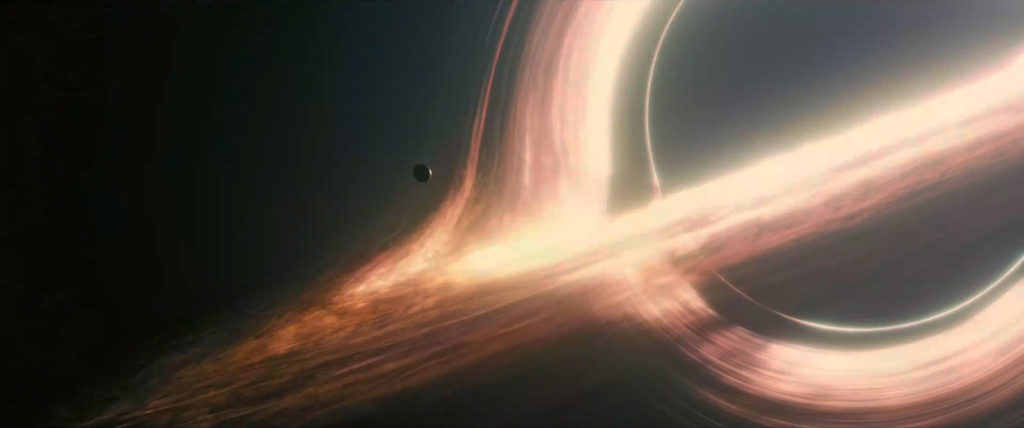One could say that the purpose of science fiction is to allow us to explore ourselves; where we might go, where we could go, etc. Okay, I can accept that, but what I would rather consider is the energy of science fiction. What is it trying to do?
So…
The biggest difference between technology now and technology as portrayed in most science fiction can be boiled down to two things:
- A better understanding of gravity and the physical forces in general (but gravity, mostly, on account of all the floating things and hovering things, and spaceships, and the insides of spaceships, and so forth), and
- Energy storage density/generation technology (on account of all the batteries that don’t need charging, and all the uses of power that seem to come from relatively minuscule power supplies, phasers and lightsabers, etc.)*
I can respect that, I suppose, but I have been lately enjoying science fiction that doesn’t depend on these two things, such as transhumanism, the future of ethics, what it means to be alive, and so forth. (Colin Wilson, for those of you interested)
Ever since I back-of-the-envelope calculated the amount of energy necessary in a surface explosion on the Moon to kick it directly out of orbit and off into the solar system (yes, analyzing Space:1999, so sue me), I’ve been keeping a single raised eyebrow on a lot of the gee-whiz-but-not-thinking-about-energy things I’m seeing in science fiction. Implications. A form of “but if you can do this, then you should also be able to do that” and such.
Lots of fun.**
My point, however, is this:
Everything we see in science fiction (with a few occasional exceptions) is utterly within our technological grasp (we have hair dryers. We have an Internet. Connectivity is ubiquitous. If these three things don’t make sense now, don’t worry — the punchline’s coming). Maybe not today, but at least in a very foreseeable future. The only two things we haven’t nailed down yet are a better understanding of gravity, and significant increases in the ability to generate and store energy.
More importantly, a lot of science fiction adopts these relatively shallow technological settings, but still keeps people the same. I think this betrays science fiction’s fundamental energy.
Don’t get me wrong — I love Star Trek as much as the next person, but it only rarely explores what it might mean to be a better human. It explores what it means to be an ordinary human surrounded by gizmos. Star Wars is even more primitive, exploring what it means to be an ordinary human surrounded by gizmos in a galaxy ruled by blood-related families (I remember midichlorians, even if everyone else is blocking them). And sure, I enjoy watching gizmos. I also enjoy watching magic, so what happens if you bring magic into a world and instead of phasers and wrist computers, we have wands and brooms? You get Harry Potter. Again, I love Harry Potter stories, but if one can swap wands and phasers, and teleporters and brooms, and starships and castles interchangeably and still tell the same story, then suddenly the differences between fantasy and science fiction are only setting. Setting? Nah, that’s the absurdum point we’ve reducto‘ed to. There must be a bigger difference and that difference can’t just be setting and tools.
Strip away the setting and tools and most of these stories are basically Shakespearean plays. If Kirk wasn’t on a starship, he would be on a sailing ship. Same story could be told. This is what I mean by science fiction’s energy. Is science fiction telling us “this is where we could be in a century” or is science fiction telling us “Wouldn’t it be awesome if your hair dryer could log into the Internet and buy conditioner for you before you run out?” (see what I did, there?)
I’m starting to get pickier. I want to see more energy and less setting.
-=-=-=-=-=-=-=-=-=-=-
* Note: I’m not including technology to use less power, although on a system-level, that serves the same purpose. For example, the fact that flashlights used to go flat if left on for six hours, but now can be left on for days is more a factor of flashlight technology being more efficient and not as much a factor of battery technology.
** This is fun to me. So, when I and some friends are engaged in such a conversation (online, typically) and someone tries to make us stop, I tend to read “Can’t you just watch it for fun?” as “I am uncomfortable with you understanding this better than I do, and I would rather you not remind me that I’m not on top of the Brain Chain.” Sorry Various Internet People, but if I can stay out of conversations exploring the minutia of point spreads between two seemingly identical athletes, then you can step away as well without whining; enjoy or not, but don’t try to run our enjoyment.

